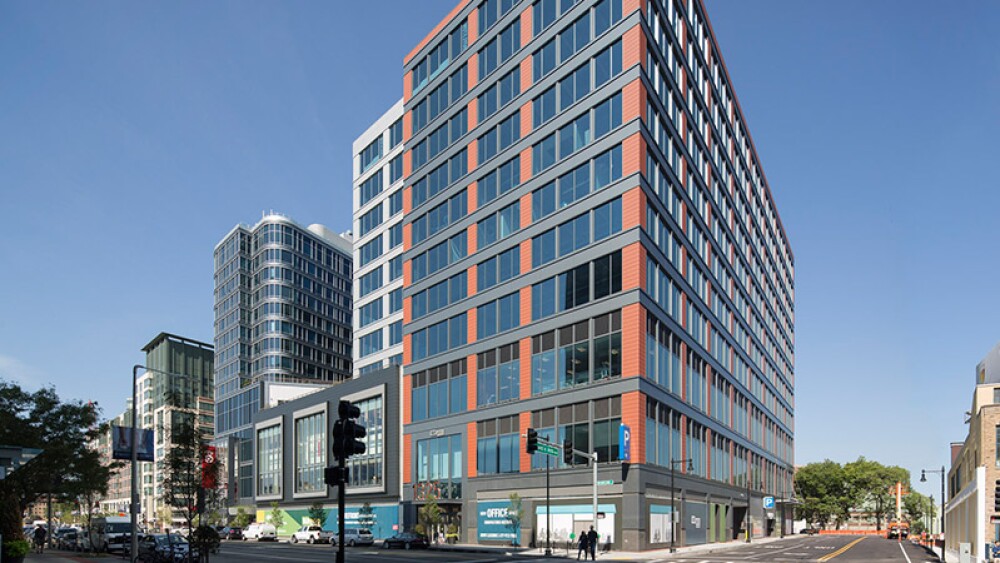August 4, 2016
By Alex Keown, BioSpace.com Breaking News Staff
BOSTON – Less than a year after its launch, startup Decibel Therapeutics is moving into new digs to support the company’s rapid growth. The company is exiting the crowded Cambridge, Mass. area and heading into Boston proper.
Decibel launched in October 2015 with a focus on developing therapies for hearing loss through a combination of diagnostic tools, biological insights, modeling and therapeutic delivery techniques. When Decibel opened its doors, it had plans to rapidly expand its headcount by 50 employees by the end of 2015. Earlier this year, the company announced that Decibel planned to continue its hiring spree with an additional 20 employees by the end of 2016 and then add between 40 and 60 more in 2017. With that kind of expansion, the company needed to seek out new space and found it in Boston’s Fenway neighborhood. The company is taking over 32,000 square-feet of office and “state-of-the-art” lab space in a building known as the Van Ness. The Van Ness complex opened in 2015 and includes one tower with 232,000 square feet of commercial office space and one residential tower. The company expects the space to be ready by the beginning of 2017.
Decibel’s move to the area known as The Fenway, marks the first biotech company in the neighborhood, Steve Holtzman, Decibel’s chief executive officer said in a statement. Holtzman said he hoped other pharma and biotech companies would follow Decibel’s lead and move to the area to create “an ecosystem focused on innovation and making a difference,” similar to what the Kendall Square area in nearby Cambridge, Mass. has become.
Decibel’s focus on hearing loss aims to look beyond the more traditional use of hearing aids or cochlear implants. Earlier this year Holtzman, who left Biogen to helm Decibel, said he envisions a new generation of therapies for hearing disorders. The company hopes to push past hearing aids and implants to include drug therapies that use gene-silencing technology RNA interference. In previous interviews, Holtzman said he intends for the company to develop a “broad-based drug discovery for multiple indications,” a move he said would lead to greater sustainability for the company. Data published by Decibel’s leadership have provided insights into the link between hearing dysfunction and inner ear pathology, the company said in its website. Data suggests “by restoring the synapse, the inner ear hearing circuit can be preserved, and hearing can be restored and maintained,” the company said.
Decibel is not the only company looking at new therapies for hearing loss. Other companies in the field include Otonomy , Auris Medical (EARS), Autifony Therapeutics, and Audion Therapeutics. On Aug. 1, Otonomy announced the successful completion of a one-year, multiple-dose clinical safety trial of OTO-104 in patients with Ménière’s disease. In July, the U.S. Food and Drug Administration granted Fast Track Designation to Auris’ Keyzilen for acute peripheral tinnitus.
Decibel Therapeutics launched with $52 million in financing, which was led by Third Rock Ventures and supported by GlaxoSmithKline ’s venture arm, SR One.





